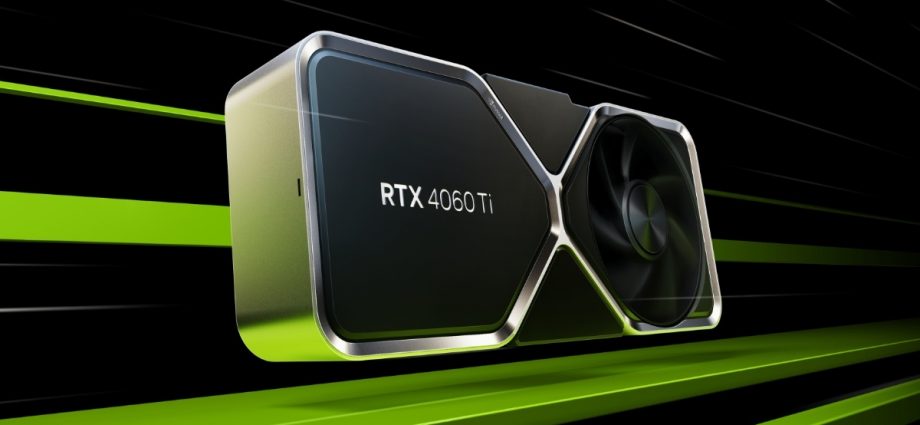Last week, AMD unveiled what could be the final significant GPU releases for this generation of graphics cards: the Radeon RX 7700 XT at $449 and the Radeon RX 7800 XT at $499. These price points from AMD set up a direct competition with Nvidia’s offerings, namely the GeForce RTX 4060 Ti, specifically the $499 variant with 16GB of memory, and the $599 RTX 4070.
AMD’s pricing strategy was assertive enough to prompt Nvidia to discreetly reduce the prices of some 16GB RTX 4060 Ti cards to $449, aligning them with the RX 7700 XT. This price adjustment was subtly mentioned at the bottom of an email sent by Nvidia to GPU reviewers ahead of AMD’s imminent launch. Nvidia also emphasized its proprietary features like DLSS upscaling and frame generation, which compete with AMD’s GPU-agnostic FSR. Additionally, Nvidia highlighted recent improvements in DLSS that enhance ray-tracing performance.
Nvidia’s Brian Burke noted, “Finally, as a reminder, market prices can vary from the original launch MSRPs. Today, GeForce RTX 4070 is widely available at $599, and GeForce RTX 4060 Ti 16GB is now available at $449. Both of these GPUs are great upgrade choices for gamers seeking their next GPU for the upcoming 2 to 3 years.”
Reviews of the 8GB version of the 4060 Ti were generally lukewarm, while those of the 16GB version were predominantly negative. Nvidia didn’t even provide cards for review, and outlets such as Tom’s Hardware and TechPowerUp reported that Nvidia’s board partners were uninterested in sending out review units. Typically, this suggests that companies are not expecting favorable reviews.
According to these reviews and Nvidia’s own data, the additional RAM only marginally improves frame rates in a few games since the GPU itself is identical to the more affordable 8GB version. Furthermore, the card’s performance is hindered at 1440p and 4K resolutions due to its relatively narrow 128-bit memory bus. In some 4K games, the 4060 Ti is barely faster than the 3060 Ti released in late 2020. Considering these limited benefits and the $100 price increase, the 16GB 4060 Ti provided poor value for money, especially considering the already high prices of most GPUs in the RTX 40 series.
Personally, if I were in the market for a new GPU, I would likely overlook both versions of the 4060 Ti entirely. The $299 RTX 4060 is already a capable 1080p card, and the $599 RTX 4070 outperforms the 4060 Ti significantly at higher resolutions like 1440p and 4K (without even considering AMD’s 6000- and 7000-series Radeon options). However, it’s worth noting that spending an extra $50 to get an additional 8GB of video memory seems more reasonable than shelling out an extra $100.
We will factor in the price adjustment of the 16GB 4060 Ti when evaluating the Radeon RX 7700 XT and RX 7800 XT in our upcoming review. These cards are set to launch on September 6.

